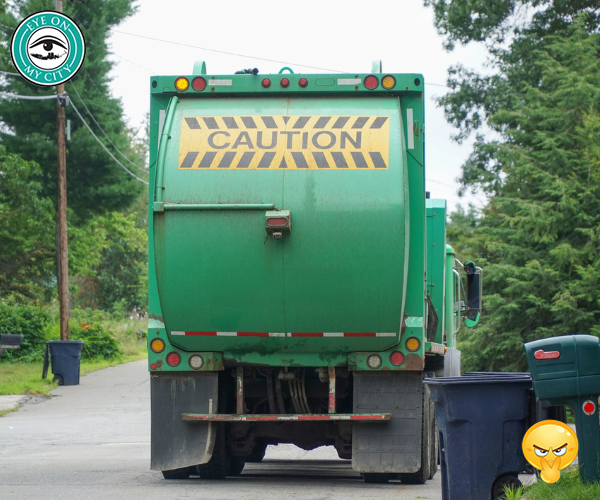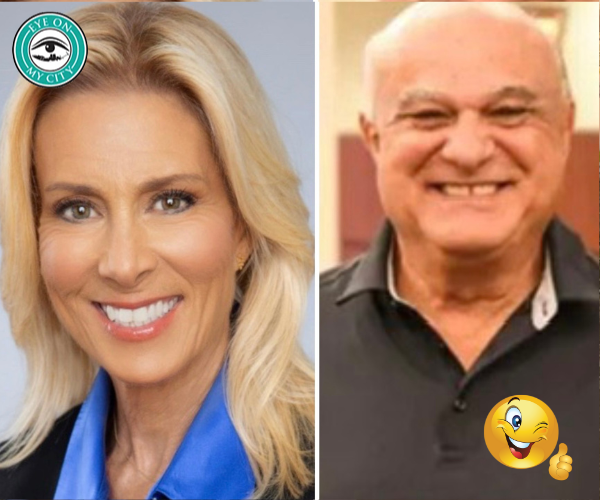
Jacksonville continues to move into mass transit, hoping to interest a public that has not embraced it in the past.
Some of the earliest efforts did work well – under private operation. The old trolley system ran into Ortega and Springfield about a century ago.
Later, well into the 1960s, the old bus system, also privately owned, ran throughout the city and had good ridership. Even as a child I would ride the 30 Park bus downtown by myself, to visit my father’s office and shop at Cohen Bros. and other places.
In the 1970s, the city bought the bus company. In that same decade, the federal government started handing out billions of dollars and Jacksonville jumped in to get its share.
The result was the “people mover,” later the Automated Skyway Express, now just the Skyway and soon to be U2C. Up to now it has been an expensive proposition for local taxpayers, along with the bus operations.
The U2C concept makes better sense and could gain ridership. Unlike the poorly designed Skyway, U2C will come down out of the sky to street level and continue to areas such as Five Points, Eighth Street and the sports complex.
More federal dollars are flowing now and the new effort is to put people on bikes and scooters.
This also has a chance of success. It will be a private sector operation.
That means if it doesn’t work it will be stopped (after the federal handouts end).
Companies such as Uber offer these services in other Florida cities.
They park the vehicles, locked. Customers using a phone app can unlock them, ride them, and be billed through the app. They are electric powered.
The legislation was filed by City Council Member LeAnna Cumber, according to the Daily Record. It creates a one-year pilot program, and establishes a permitting process.
The area in which the vehicles will be allowed is most of the Northbank south of Beaver Street. Up to four companies would be allowed to obtain permits, the Record said.
Government-drive mass transit generally amounts to elites trying to clear the streets so their limos can move more freely. Allowing the people to decide freely whether they use alternatives to their private autos is a much better way to proceed.







